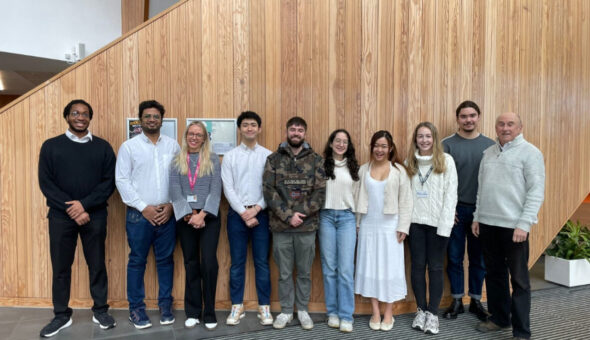Dr Robert Eaton, Curriculum Development Officer in the Centre for Learning & Teaching, reflects on the RAISE Special Interest Group for Partnership hosted by the University of Westminster in January 2019.
This was the first time I had heard the F-word used out loud in student partnership circles. It came rather unexpectedly and, after the initial shock had worn off, I wondered if we knew what we might be getting into.
Dropping the Foucault-bomb has become something of a zeitgeist in the wider landscape of education literature. However, as far as I was aware, the relatively niche field of students-as-partners has been left largely unscathed by post-structural analysis. And not just Foucault, but a merry band of French deconstructionists, along with the more sociologically-inclined Bourdieu, and even post-humanist approaches from the likes of Donna Haraway. By this point in the day, the audience had rather had their theoretical fill, and hurriedly broke for coffee before someone mentioned Zizek.
Fortunately, those gathered on Regent Street for the RAISE Special Interest Group for Partnership weren’t interested in theory for theory’s sake. Through the relatively uncontroversial means of keynote address, panel discussion, poster presentations, and group conversation, staff and student representatives from a variety of HE institutions had come to share their experiences of student-staff partnership activity, paying particular attention to the dynamics of power seen to enable or restrict success in these endeavours. Thus, there was general intent to examine how these limitations might be practically overcome in order to realise the potential of such innovations. Indeed, the day’s discussion rested on the shared (although surprisingly unspoken) assumption that staff-student partnerships embodied something that we collectively considered to be ‘good’ in Higher Education.
"Nevertheless, it was becoming clear that partnership activity could be positioned as more than a pedagogical device."
The audience appeared happy to accept the keynote starting point that student-staff partnerships could equalise, or remove, differential relations of power. This pragmatic position helped to keep the discussion grounded and focused on the experience of partnership activity, when it could easily have drifted into abstraction. Such dynamics – whether observed in regards to gender, race, socio-economic background, or organisational role – were woven into a much larger tapestry than partnership activity alone could account for. Nevertheless, it was becoming clear that partnership activity could be positioned as more than a pedagogical device. Through the lens of power, here was a site to recognise and actively challenge power within Higher Education. Here was radical potential, albeit currently limited in scale.
To be sure, if recounting long lists of theorists had simply been an attempt by the panel to add academic credibility, this would have been of no value to anyone present. Instead, my own reflection was that, by bringing such critical perspectives into the conversation, regardless of the limited space available to unpack these on the day, we were afforded the means by which to make power visible. Theoretical distance helped here to depersonalise experiences of disempowerment without making it any less avoidable. Both in aspiration and in lived experience, staff-student partnerships provide a legitimate arena for the interrogation of the nature of our learning communities and, by extension, beg the question of what we want these to look like. Partnerships then, are not just good pedagogy, but an educative good in themselves.
There is no getting away from the fact that, in application, partnerships contain degrees of discomfort. In the context of learning and teaching they challenge staff and students alike to work in what might seem radically different ways, disrupting the established norms and expectations of practice which lend familiarity and a sense of security to many. As acknowledged by several participants at RAISE, to be successful those involved in such partnerships need to recognise differentials of power and be proactive in redistributing these for the benefit of others. Given the relatively limited space in an often-crowded curriculum, do staff or students have the requisite time and energy for this?
Perhaps the crunch lies in the extent to which we are truly comfortable with the way things are. There may be more to Higher Education than current neo-liberal policy discourse is willing or able to allow for. Power relations between staff and students might not be what we envisage for these intentional communities of practice, or as models for wider society. If so, might new forms of teaching and learning practice be precisely the type of disruption we are best placed to take hold of?
This RAISE event highlighted the dynamics of power in such partnerships, enabling participants in a small field to realise the powerful potential of their agency, thus strengthening the case to take partnership activity seriously. Partnership with students might be less of a threat than it appears, serving instead as a tool we can use to build the community we both aspire to practice and see taken into the world by our graduates. Of course, this requires an environment in which such innovation can thrive. These are questions for institutions to answer as much as individual practitioners.
Respond



